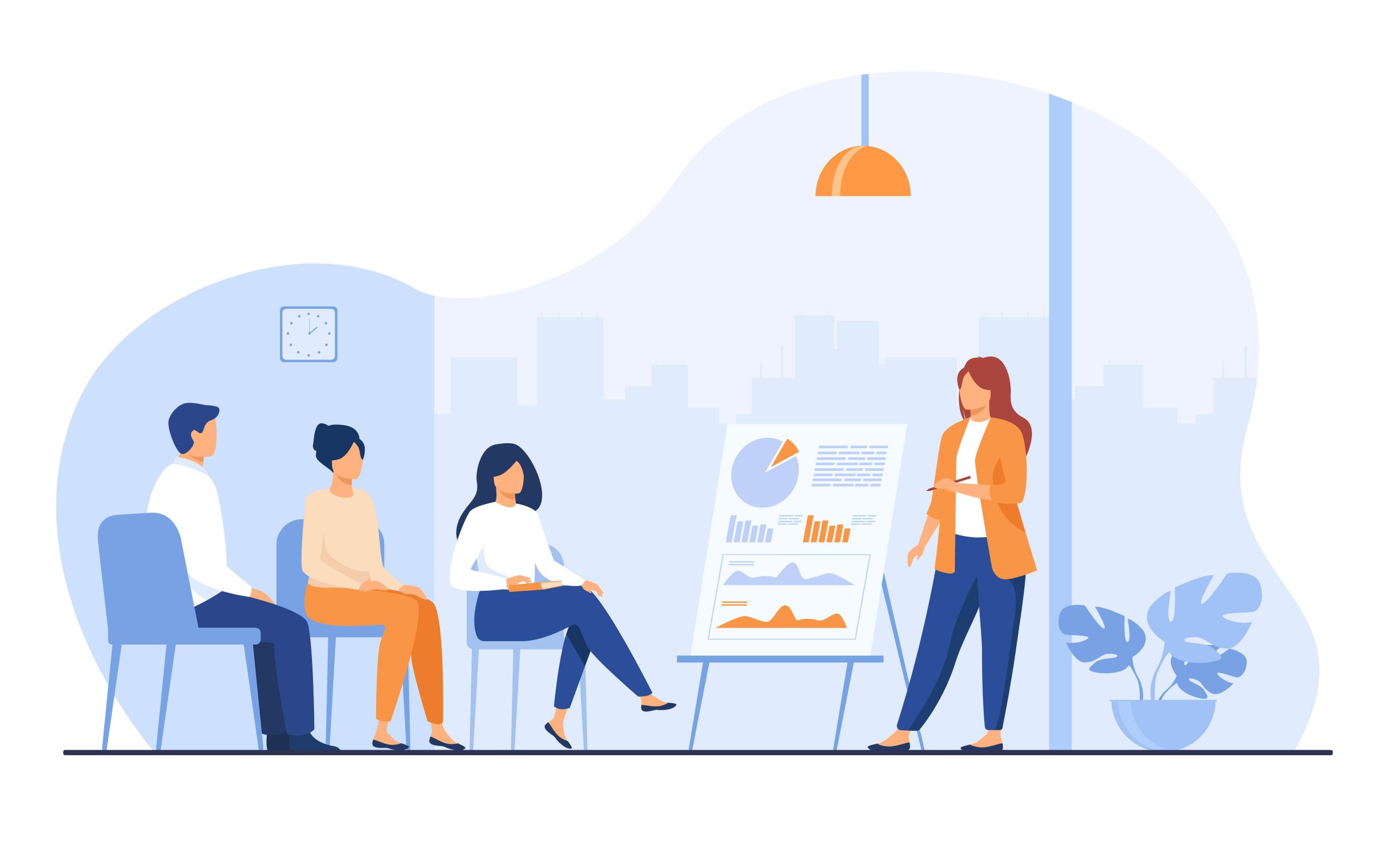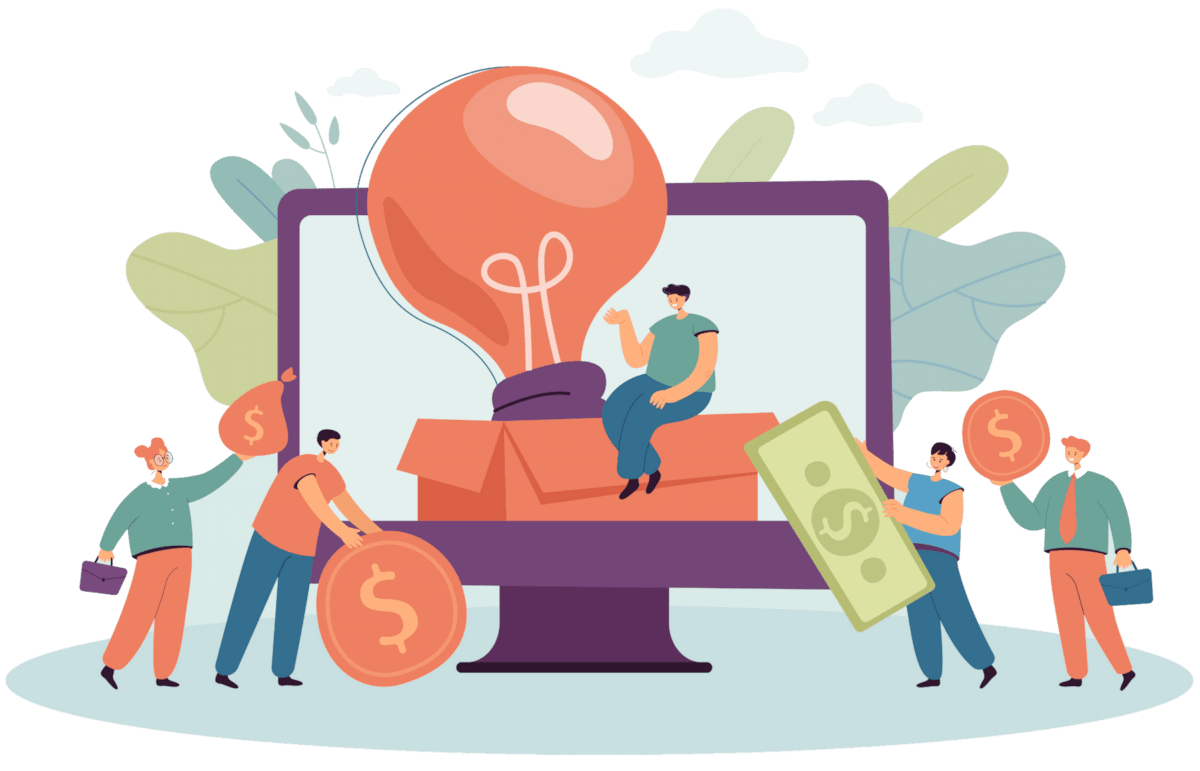Business Funding
We, like your company, move swiftly. You can scale up more quickly if you have access to Funding. Your bottom line and profitability improve as you grow faster.
New industries will continue to emerge and expand, bringing with them a wealth of opportunity—as well as a lot of competition. That’s why, at E-Boost, we combine deep knowledge with access to growth capital. Business owners receive specialized company improvement tools and information from our vast pool of business gurus in addition to finance.
Apply Now
About short term loans
One year or less is the typical repayment period for a short-term loan. E-Boost facilitates arrangements of up to 24 months. Various company needs can be covered by short-term loans, with loan amounts varying amongst lenders.

-
Loan amounts of $5K-$2M
We help provide affordable loans and valuable business advice for your small businesses with specific business needs.
-
Repayment terms up to 24 months
Grow your small business in your terms with financing solutions and repayment terms up to 24 months.
-
Automatic daily or weekly payments
Your convenience matters most to us. All funding offers come with automatic Daily/Weekly Payments.
How it works
A reliable funding source and a trusted network of partners that will give your company the tools they need to scale.
Complete The Application
Our application is pretty simple, and you can apply online or over the phone.
Get A Decision
Your dedicated loan advisor will review your options with you.
Receive Your Funds
Complete the online checkout and receive your funds as soon as the same day.*

Eligibility Requirements
-
Owner or majority owner must be a US citizen
-
Must have US bank accounts
-
Have to be selling for at least 1 year
-
Minimum sales per month has to be $15000 USD
Funding Applications
Flexible Financing up to
Rates as low as
Funding as fast as
Why choose us?
Customer Service
Dedicated Account Manager
Tech enabled
FAQ: Small Business Loans
Small business loans work the same way as any other type of loan. You go through an application process by which experts would assess your credit profile, then you get approved for a certain amount. And if both parties agree to the terms, you get the funding as a lump sum or open up a line of credit. When you get one with E-Boost, we work on keeping payments and interest rates within the capacity of the borrower. We’re happy to build a long and lasting relationship with you.
Business loans for new small businesses are relatively harder to acquire because there are fewer documents by which we can assess the borrower. So the longer your business has been around, the easier it should be for you to get approved. Of course, that’s assuming that you built good profitability and credit history! But whether you’re running a startup or a more established business, we’ll always find ways to make the entire process as easy and hassle-free as possible. Our approval rates are higher than that of traditional lenders so you’re generally more likely to get approved with us.
Your E-Boost partners have developed various loan products to fit various needs. This includes working capital loans, unsecured business loans, equipment business loans, lines of credit, and small business loans for women. But if you believe none of these solutions fit what you need, please don’t hesitate to connect with our experts anyway. We’re more than happy to customize our loan products according to your funding needs.
Choosing the best small business loan for you would rest largely on why you’re getting one in the first place. For example, do you need it because of an unexpected expense? Then, an unsecured business loan may be your best option. Meanwhile, if you simply need the convenience of quick access to credit because you don’t want to carry cash with you all the time, a line of credit would be more appropriate. Consider how important low-interest rates are for you as well. If you have something to put up as collateral, you’re going to get lower rates and a higher loan amount.
Yes. We don’t set limits on which loans you can apply for regardless of your business credit score. To start, you can fill out our form so one of our finance experts can reach out to you and discuss your options. Bad credit is usually associated with higher interest rates, collateral, and a lower loan amount. We know that these don’t sound good to you, so we also consider the other documents you submit. If you want to get the best results possible for your current situation, having good financial records everywhere else is a good sign.
It will always help your case if you have a good credit score at the time when you file your loan application. But unlike traditional lenders for small business loans, your business and personal credit score doesn’t matter nearly as much in determining whether or not to fund a loan request. We also look at other factors such as business revenue, length of business operations, and many more. This means that even if you’re just starting to build your credit, you can still get approved.




